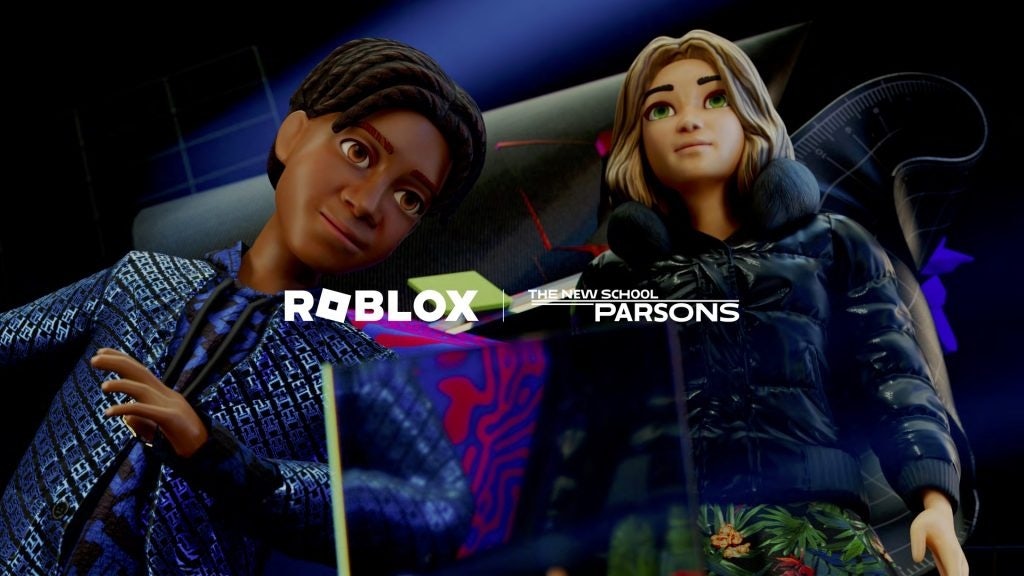When it comes to the future of fashion, all eyes are on the rising generation of digital fashion creatives to usher in the industry’s next era.
The past year has seen a boost in recognition of new virtual pioneers, leading to an uptick in demand for better education and support for the community. As a result, more virtual talent incubators have cropped up, each designed to help tomorrow’s trailblazers crack the online landscape through technological innovation.
“We are focused exclusively on digital designers because we believe that this is a nascent category that is going to fundamentally disrupt the fashion industry,” Alice Delahunt, founder of luxury platform SYKY, tells Jing Daily. “We’re also focused on designers who are creating 3D fashion, leveraging technology to push the limits of their imaginations and creativity, and showing a really nuanced understanding of what digital fashion means.”
The SYKY Collective#
The digital fashion startup is the latest to launch a support initiative for new talents. Announced last week, SYKY’s new one-year program — coined the SYKY Collective — is designed specifically to empower creatives and equip them with the tools and knowledge needed to launch a fully-fledged brand.
Ten emerging designers will be selected to take part in SYKY Collective’s inaugural program. The chosen participants will have access to exclusive industry events, one-on-one sessions, and potential luxury brand collaborations. Moreover, the membership will be overseen by a number of mentors, including The British Fashion Council and Calvin Klein’s Jonathan Bottomley, who will each provide their own guidance on creative strategies, business considerations, and more.
The next phase in fashion#
Traditional fashion accelerators like Fashion East’s non-profit mentorship and the CFDA’s Launch Pad Program have proved paramount in expediting the careers of new talents. As the hype around Web3 wanes, developing similar programs tailored exclusively to the online realm will be key to its next phase of growth.
SYKY isn’t the first to follow in the footsteps of its offline predecessors; fashion’s most prestigious educational institutions have also joined the brigade. Parsons School of Design announced its partnership with Roblox last year on a new elective metaverse curriculum, while Paris’ ESMOD University launched its very own meta-wear course, dedicated to supporting and nurturing the new generation’s rising stars.

Additionally, Farfetch’s Dream Assembly Base Camp accelerator pivoted its focus towards Web3 last year. The 12-week program, which kicked off its metaverse-centric efforts in September 2022, fostered a number of platforms including digital fashion label altr_ and Web3 facilitator Metav.rs — the latter raising 3 million in seed funding for global expansion.
“Our goal is to create a supportive and inclusive environment where companies can access the expertise and resources they need to turn their ideas into successful businesses,” Farfetch’s Senior Director of Product Innovation Carol Hilsum tells Jing Daily.“We are committed to helping build the next generation of technology companies that will shape the future of the luxury industry and beyond.”
The base camp received an “overwhelming amount of positive feedback” on its first official debut, according to Hilsum. It has since received applications from over 500 companies for its second iteration which will take place later this year (the program is gearing up to announce its new cohort of pioneers soon).
Widespread industry potential: Enter brands like Mastercard#
Demand for programs like SYKY Collective and Dream Assembly has also trickled into other industries. This month, Mastercard will launch its NFT-gated, Web3 Artist Accelerator platform that will provide toolkits and mentorship to five up-and-coming musicians from different genres.
Similarly to SYKY and Farfetch, the program features a panel of experts recognized for their work and credibility in the Web3 space. Both Ledger’s Chief Experience Officer Ian Rodgers and Web3 artist Latashá are on board, and will educate each creative on how to monetize their work on the blockchain and cultivate a strong community of fans in the metaverse.
Incubators like the above are fundamental to the evolution of the digital space, and Hilsum believes that the metaverse’s trajectory will rely heavily on their contributions. “The luxury industry has a unique opportunity to leverage Web3 technology and create new and innovative products and services that can enhance the customer experience and drive business growth,” she says.

But Delahunt is keen to clarify that these programs will benefit their chosen industries, not compete against them. And talent scouted will hopefully form a new class of digital creative leaders of tomorrow.
“We’ve never endeavored to compete against the established industry. Instead, we’ve made it our core mission to bridge the gap between these two worlds, and nurture the magic that exists at the intersection of technology, innovation, history and legacy,” she says.
Exalting the names of tomorrow, incubators like these are promising signs for the future of Web3 and its increasing validity, even during times of uncertainty. “We understand that Web3 technology is still in its early stages, and there are many unknowns about the problems it can solve and the use cases it can support,” Delahunt says. “That's why we believe it's crucial for early-stage companies to have a space where they can learn, grow, and collaborate with others who are exploring similar opportunities.”


